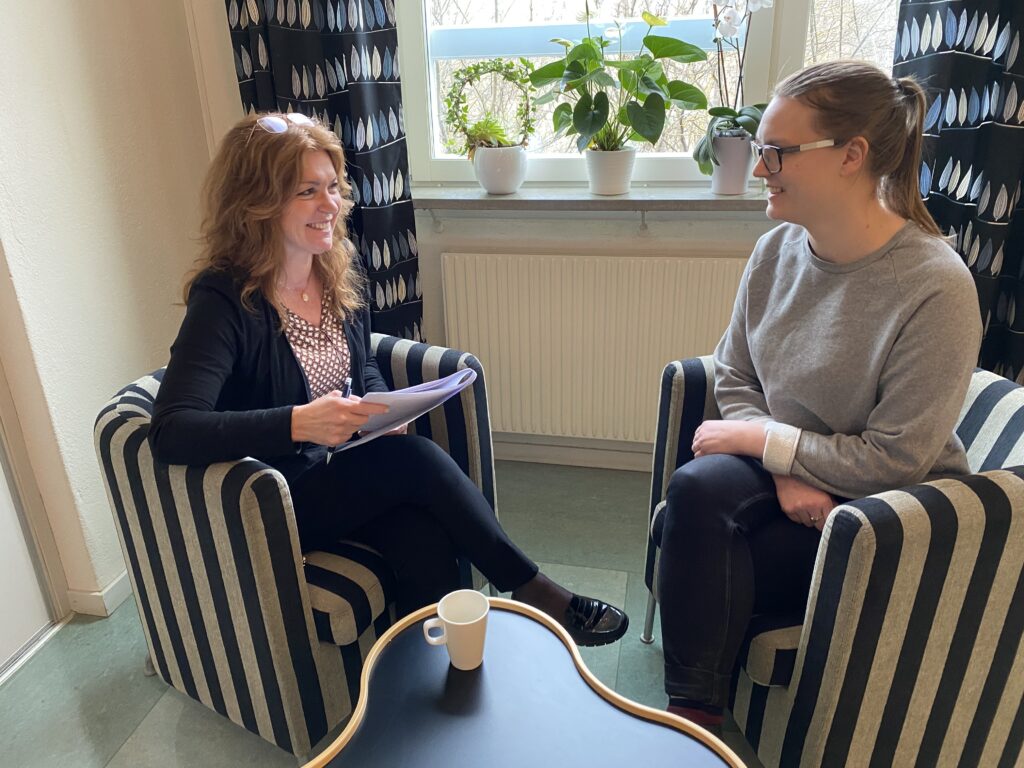Carina Carlhed Ydhag holds a position as Professor of Education at Stockholm University, Department of Education. She has a PhD in Education and was appointed as Associate professor in Sociology of Education at Uppsala University in 2012. Currently, she is Head of Department.
Her research spans studies of social structures of dominance within and between social and professional fields (Education and Medicine). Another theme of research relates to young adults transitions, educational strategies and success in upper secondary education and higher education as also the conditions of scientific knowledge production of ”student completion” in the European educational policy context.
She has experience of both qualitative and quantitative research methods covering surveys, case studies with mixed methods, interviews, historical studies using archive material and discourse analysis. The theoretical tools relates primarily to Cultural Sociology and Sociology of Education with a solid base in Pierre Bourdieu’s work, in addition she has used theory from sociology of professions, especially Andrew Abbott’s work.
She is directing a seminar ”Sociology of Education and Educational Policy” with Petter Sandgren and Stefan Lund at the department.
Since 2023 she is directing a project funded by Swedish Research Council: Against all Odds – successful schools in superdiverse educational contexts. The research team includes Ali Osman, Anna Lund och Stefan Lund, all from Stockholm University.
Academic Positions
– Professor of Education, Stockholm University, Dep. of Education, August 2022
– Head of Department, Dep. of Education, Stockholm University 1st August 2020
– Assistant Professor of Education, Stockholm University, Dep. of Education, 2016-2022
– Assistant Professor Sociology of Education, Uppsala University, Dep. of Education, 2011–2015
– Researcher, Uppsala University, Dep. of Education, 2014–2015
– Post Doctoral Research Fellow, Uppsala University, Dep. of Education, Culture and Media, 2010–2014
– Sr Lecturer of Education, Mälardalen University, Dep. of Education, Culture and Communication, 2008–2011
– Lecturer of Education, Mälardalen University, Dep. of Social Sciences, 1996–2007
Education
– Docent, Associate Professor of Sociology of Education, Uppsala University 2012
– PhD in Education, Uppsala University 2007
– Master in Social Sciences, Mälardalen University 1998
– Bachelor in Social Sciences, Mälardalen University 1996
– Degree of Bachelor of Arts in Pre-School Education, University College at Eskilstuna/Västerås 1992


